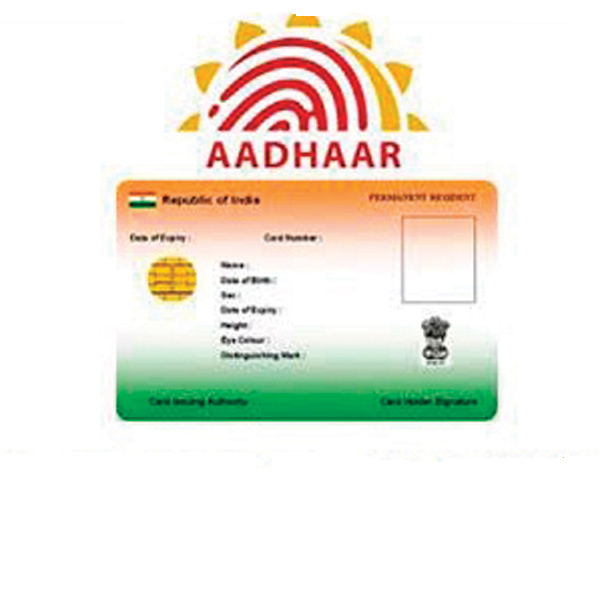Aadhar
 Aadhar is the world’s largest human database. In India, the combination of technology and policy push has blocked lot of corruption at grass root level. It has saved US$9 Billion to India which was leaked through various frauds, according to Nandan Nilekani – the chairman of the project. Recently Bill Gates too said he would fund other countries to adapt this.
Aadhar is the world’s largest human database. In India, the combination of technology and policy push has blocked lot of corruption at grass root level. It has saved US$9 Billion to India which was leaked through various frauds, according to Nandan Nilekani – the chairman of the project. Recently Bill Gates too said he would fund other countries to adapt this.
Then, there was the breaking news. Apparently a journalist could bribe and get the data from an agency which had the access. Then there were more reports.
Within no time, the debate trends online. Everyone has opinion. On twitter, facebook and also on LinkedIn.
Here are some headlines:

The simple search result shows wide spectrum. Apart from reporting some truth, the coverage includes lot of unnecessary paranoia and partly fake news.
While there was lot of debate, what were Indian tech experts up to? Aadhar is among the massive tech projects done indigenously.
The debate content from Indian tech workers had been largely disappointing
- While the news is all over, there is hardly any deeper technical viewpoints from Indian tech experts.
- Like any other issue, this too, de-generated into left vs. right ideology debate. Within no time, it turned ugly, just like any other political issue.
- Having said this, there were few with very sensible remarks for and against the identity database.
But largely there was not much volunteering to educate non-technical people about it. Some, even with relevant job titles did not realize they could do something constructive than jokes about it.

Professionals could have done this differently
- Use it as opportunity to improve own skills. For example, spend time to understand things like operational security vs confidentiality algorithms. Or the detailed models like ‘Security Body of Knowledge‘ ISC2 CBK, NIST model etc. And map the Aadhar issue with the formal models.
- Volunteering to educate people about some nuances. Probably they could have defended the technical solution while educating about the importance of operational security.
- Publish informed opinions instead of memes on this
- May be there is consulting and innovation opportunity too
Similar was the case with Electronic Voting Machine. The pro and against the technology had identical pattern as Aadhar. The online fights was more of political rather than any informed debate.
But why care so much ? Just think about the way the developed countries react to such crises.
Search about VW scandal and how Germans reacted
Everyone knows the story. In 2015, US found out that German auto major VW was cheating. VW had to pay huge penalty. While there was heated debate in consumer forums, the reactions of German engineering community was rather under-reported.
Immediate concern was for the brand of ‘German Engineering’
There was consistency in the way German politicians, auto industry, engineers, journalists and the non-technical society reacted online. Underlying instinct was to protect the brand and German interests.
Think about the identity to be nurtured
Individual identity
In LinkedIn, when someone publishes anything, it should hold certain professional standards. It should reflect the domain authority. It should enhance the individual standing.
If you comment on a subject, don’t you want it to enhance your overall standing?
The collective identity
Indian IT had been ridiculed, for being just hands and legs, rightly so in many scenarios. The collective identity affects the individuals even if they are best in class. I have seen several unprofessional Germans too. But they get away because the collective brand is strong. Many Indian professionals wont instill much comfort in spite of the great skills and ethics. It is all about the brand.

Surprisingly not many care.
The developed vs non-developed begins with the mindset and the identity. The individuals, the companies or countries which realize it make it much larger than others.

